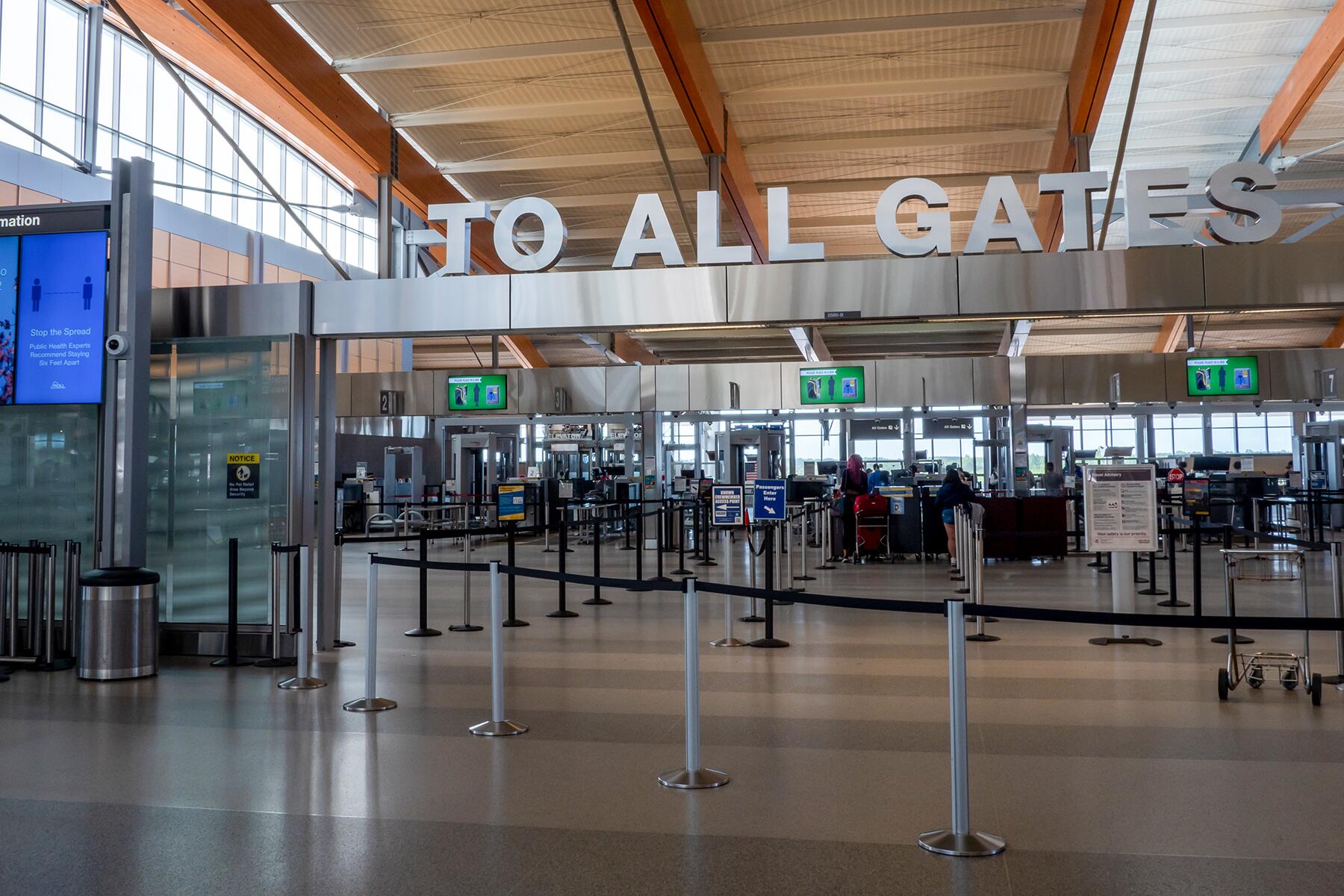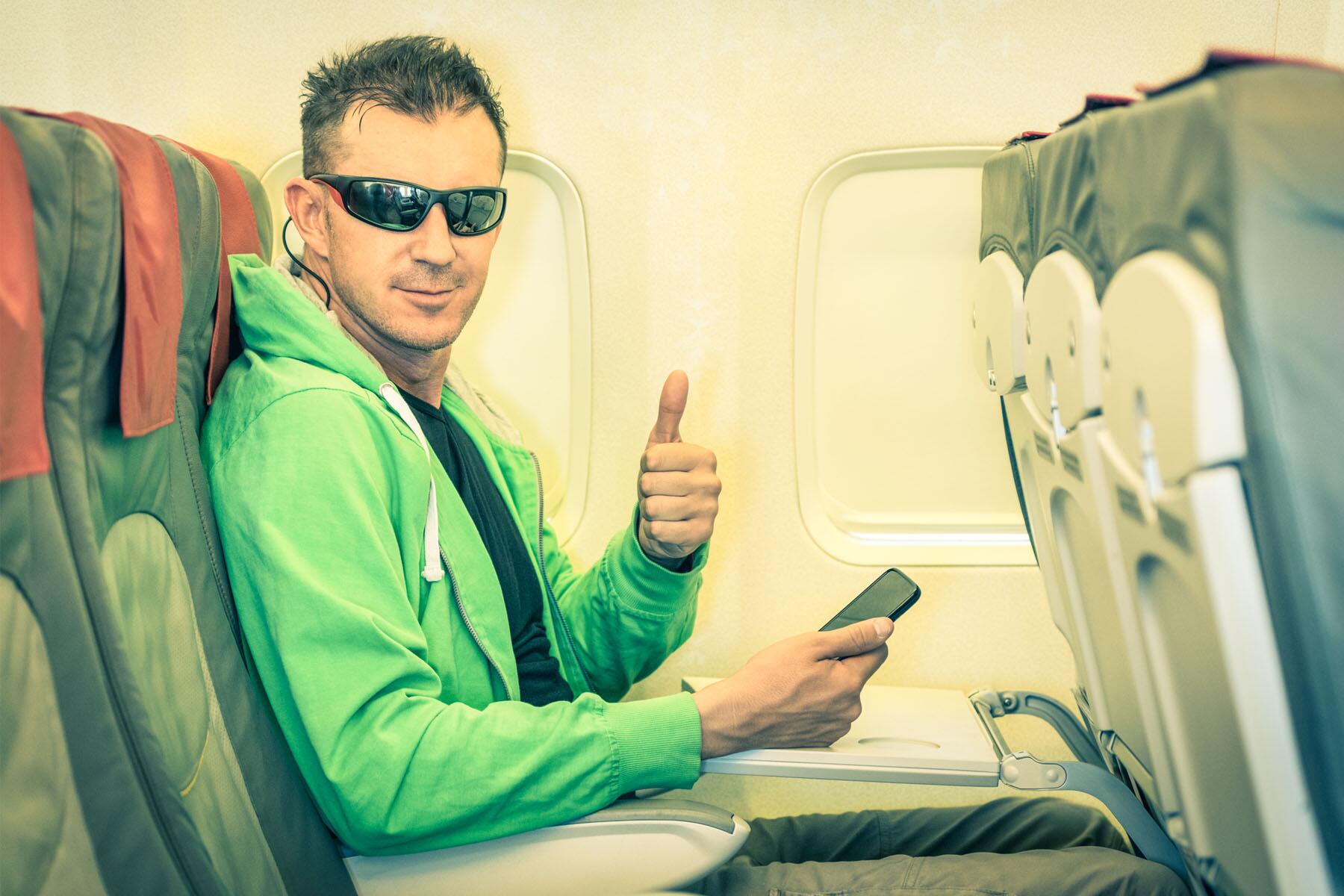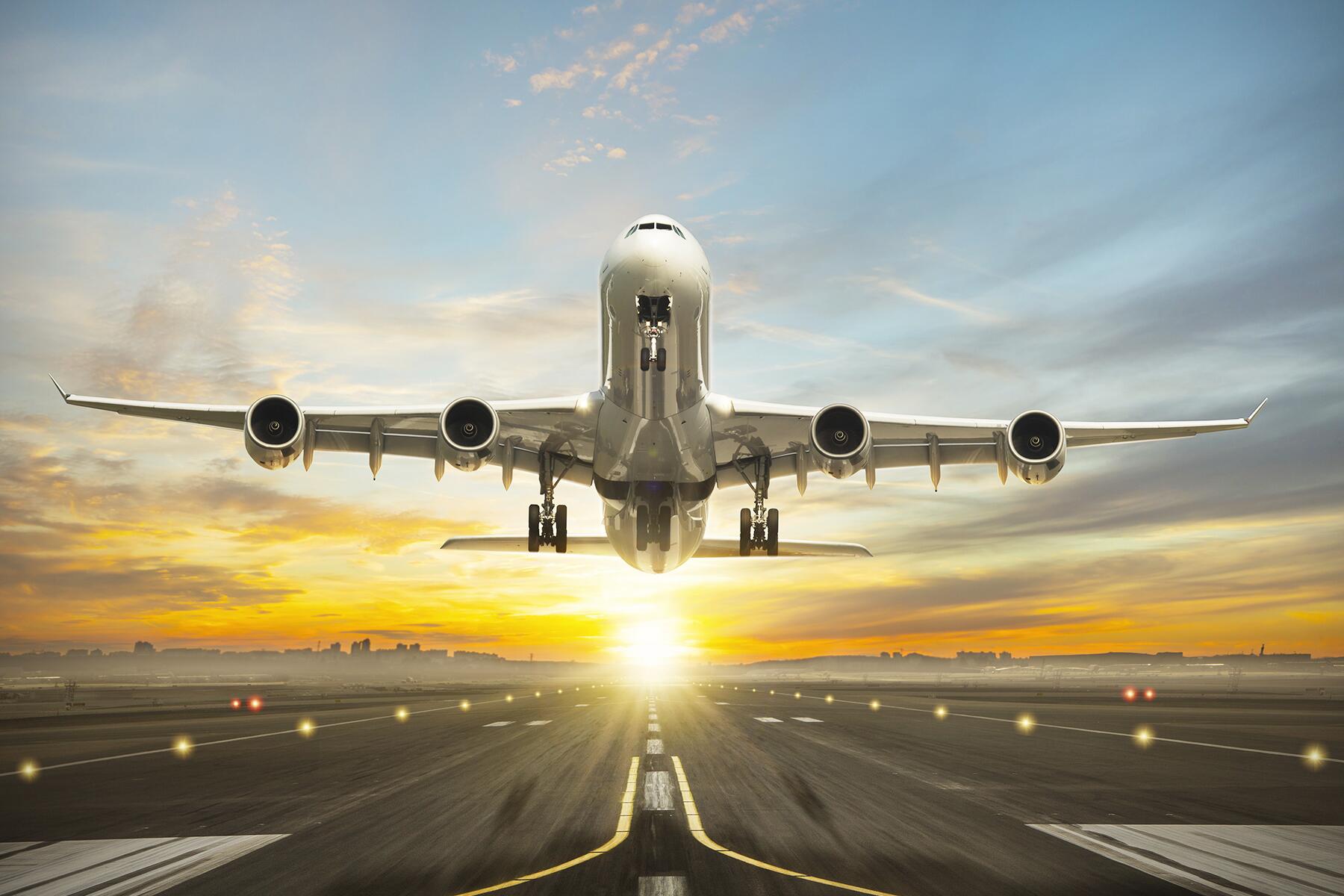It’s a gigantic mess!
Aviation is getting hit on all fronts. Thousands of flights are still getting canceled in Europe and the U.S. The July 4th weekend was another nightmare for air travel. The TSA screened more than 6 million people from Friday to Sunday, the highest since the pandemic, but the travel boom was stressful for many as airlines delayed nearly 17,000 flights and canceled 1,400.
There is a renewed rush of travelers in Europe, but staffing shortages (ground staff, luggage handlers, crew, and pilots) have made it impossible for operations to run smoothly. Aviation strikes across Europe are adding to the chaos. Major airports have reported long queues, delays, baggage hassles, and flight cancellations. Amsterdam’s Schiphol airport has decided to limit passengers flying through it this summer to 70,000 per day, which means that KLM will have to cancel flights. Air Canada is trimming 10% of its flights in July and August, and British Airways has announced that it will cut 10% of its scheduled flights through October.
U.S. airlines have also decided to reduce flights. JetBlue, Alaska Airlines, Southwest, United, and Delta have all cut back on their summer schedule due to consistent shortages. Weather has also wreaked havoc, exacerbating a domino effect of canceled flights for months.
But that’s just the tip of the inconvenience iceberg.
Related: Expect Complete Chaos If You’re Heading To Europe This Summer
The photographs of piles and piles of baggage at London’s Heathrow airport have become the advertisement for the summer travel maelstrom. Last month, the airport suffered a technical glitch and became a dumpster of unclaimed luggage. After a week of sitting without ownership, those bags started stinking up the airport, and for days, travelers pleaded to be reunited with their possessions.
Recommended Fodor’s Video
It’s not the only airport to suffer through this mayhem. Canadian airports also reported baggage chaos, and in Toronto, a dog was stranded at the airport for 21 hours. In Paris, 15 flights had to take off without nearly 1,500 bags because of a technical problem.
It’s Not Ending Soon
In the U.S., there is an acute pilot shortage. During the pandemic, airlines offered early retirement to workers, and thousands of pilots took them up on their offer. With travel bouncing back, the pilot pool has shrunk. Hiring and training pilots have become a significant challenge as airlines rush to bring 12,000 pilots aboard to smooth their operations. But it’s not an easy process—it takes between 60 and 90 days to hire and train a pilot, Captain Casey Murray, president of the Southwest Airlines Pilots Association, told NPR. Another problem? Becoming a pilot is an expensive career choice, so there are not enough people to fill these occupancies.
United Airlines’ CEO Scott Kirby admitted on a quarterly investor call that pilot shortage will hamper operations. “Most airlines are simply not going to be able to realize their capacity plans because there simply aren’t enough pilots, at least not for the next five-plus years.”
But these patterns are seen across the pond, too. European airlines have also curtailed their schedules for the summer due to labor issues, and that’s a sign that there is no quick fix. In fact, Lufthansa’s board member Detlef Kayser told Die Welt newspaper that the situation won’t improve until next year.
Hours-long wait lines, lack of baggage handlers, no one to address questions about flight snarls at airport counters—these hellish experiences have plagued European airports for weeks. But attracting new workers has been an uphill task due to low wages and demanding work. Olivier Jankovec, Director-General of airport trade body ACI Europe, said, “People aren’t so attracted by some of the jobs we offer, especially in security and ground handling. Moreover, the wages are no longer high enough because working conditions are what they are, people have to work in shifts and on weekends.”
The strained workforce in the U.S. and Europe has been fighting against longer working hours to make up for the empty seats. Union strikes for better work conditions and higher pay are adding to the woes, which will likely continue.




